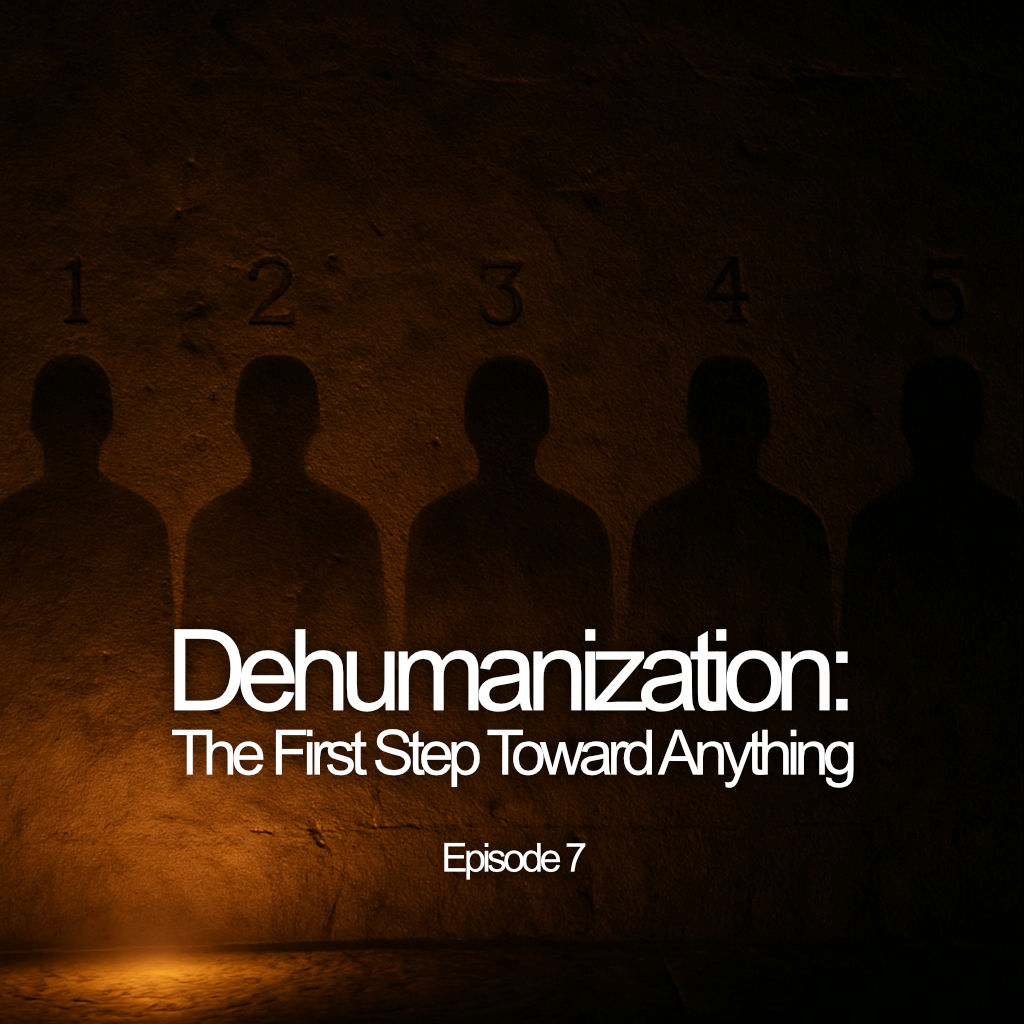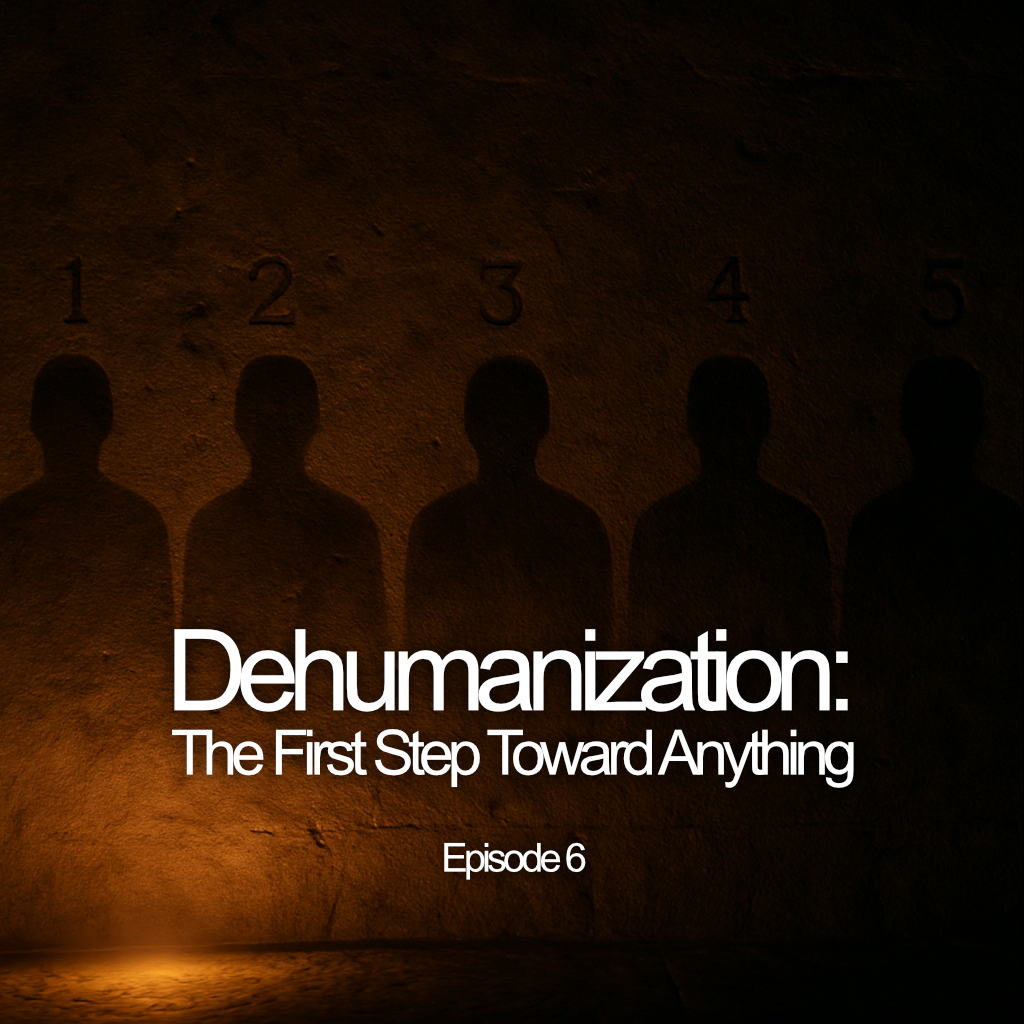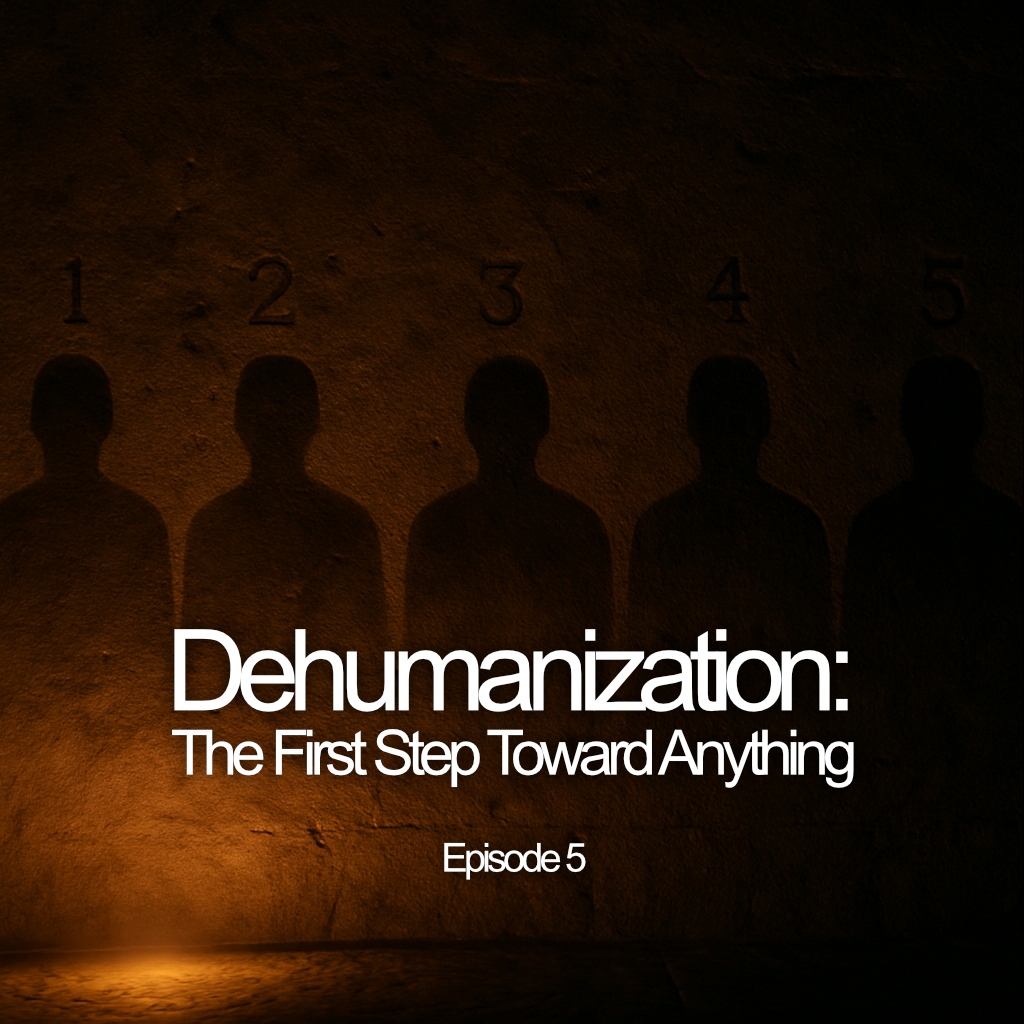Scroll, click, laugh, share.
That’s how most of it begins.Not with a headline.
Not with a manifesto.
Just a meme. A clip. A phrase that makes you pause; not because you agree, but because it feels sharp. Timed right. Honest in a way that polite conversation rarely is.But what happens when that laugh lingers?
What happens when irony becomes ideology?That’s the question at the heart of From Meme to Militant: How Online Culture Breeds Extremism, a course that doesn’t point fingers, but holds up a mirror. One that reflects how easily digital culture becomes personal belief, and how subtle the shift can be from feeling seen… to being recruited.
I. More Than a Punchline
We’ve been taught to recognize extremism by its end point: hate speech, violence, radical ideologies.
But what if we looked at its entry points instead?
The truth is, radicalization rarely begins with rage. It begins with resonance. A sense that someone finally gets it.
That the world is unfair. That something has been lost. And that you’re not alone in feeling that way.
Online, that resonance often arrives through humor. Memes that mock power. Videos that simplify complex issues into digestible anger. Language that invites you in, then dares you to disagree.
These aren’t anomalies. They’re blueprints.
II. How Culture Moves Quietly
What makes this shift so difficult to see is that it doesn’t happen all at once.
It happens in the rhythm of repetition. In the language we absorb without thinking.
In the way we start to distrust ambiguity, because someone taught us that certainty is strength.
In From Meme to Militant, we explore how online content, from satire to aesthetic to shared grievance, builds a worldview. One that often doesn’t ask for your allegiance. It just assumes it.
And once you’ve aligned your identity with the tone of a group, the content you consume becomes less about information, and more about confirmation.
It’s not just the message that changes you. It’s the mood. The community.
The code of belonging that says: You get it now. You’re one of us.
And it doesn’t need to shout. It just needs to be familiar.
III. Leaving Is Possible But It Isn’t Easy
What many conversations about extremism miss is the cost of leaving.
When you’ve built community through anger, when your confidence has been shaped by a script, when your humor has been a form of protection; then walking away doesn’t feel like a decision. It feels like betrayal.
Not just of a group, but of the version of yourself that found power there.
From Meme to Militant ends not with judgment, but with reflection. On what it means to exit without shame. On how to hold yourself accountable without collapsing into guilt. On how to reclaim identity without needing to fight to keep it.
Because healing doesn’t happen in headlines. It happens in the quiet re-entry into nuance.
Into uncertainty. Into your own voice.
Conclusion: What You Carry Forward
If you’ve ever wondered how “just a meme” could pull someone into an entirely different way of seeing the world,
or if you’ve felt it yourself, this course was built for you.
Not to accuse. Not to scold. But to name what so often goes unnamed:
The slide into belief is rarely dramatic.
It’s often smooth.
And unless we learn to spot the rhythm, we may not realize we’re dancing to it.
This blog post isn’t the whole conversation. It’s just the beginning.
In a future post, we’ll explore what it means to intervene with care, not control, when someone you love begins to spiral.
Because radicalization may be personal,
but prevention can be relational.
Until then:
Notice what lands.
Notice what you share.
And most importantly, notice what you’re becoming.



